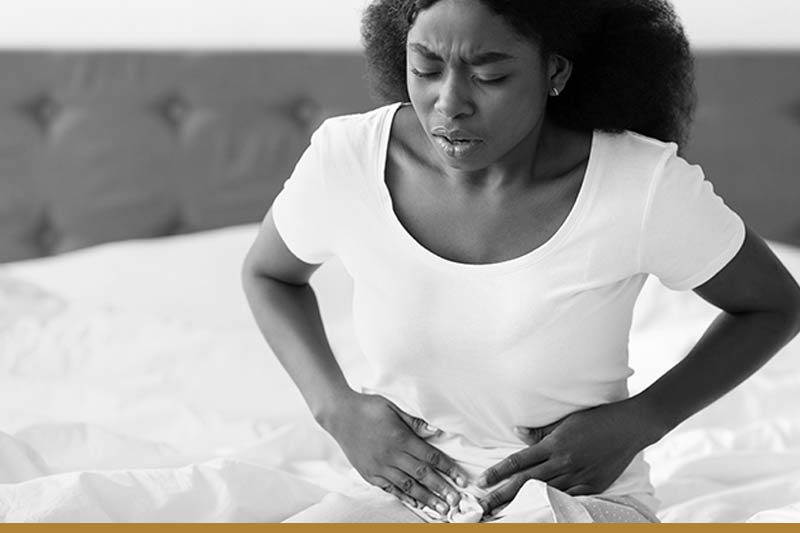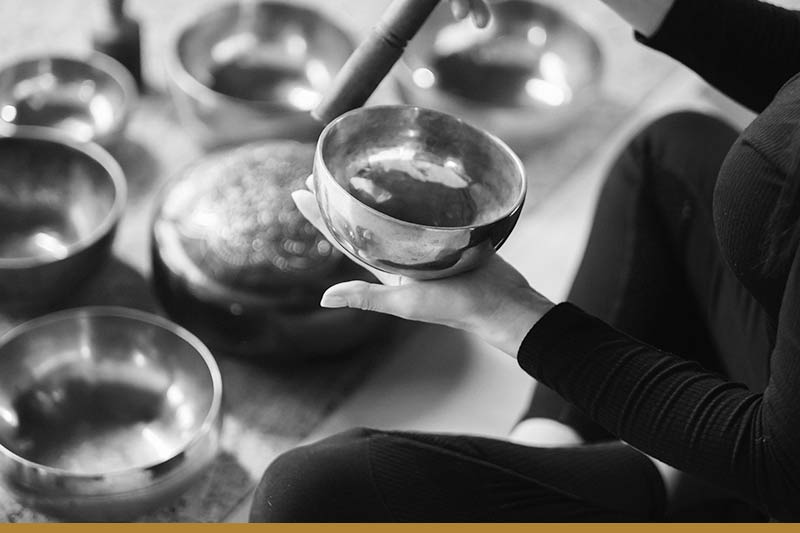Irritable bowel syndrome (IBS) is a chronic gastrointestinal disorder that affects millions of people worldwide. It is not life-threatening, and it doesn’t physically alter the bowel tissue, but symptoms can be severe and disrupt normal daily life. The discomforts of IBS include bloating, gas, stomach pain, constipation, and diarrhea.
This article discusses IBS remedies and treatments, helping you find a treatment plan that will alleviate your specific set of symptoms.

Medical professionals don’t know the exact cause of IBS, and there is no permanent cure. Current treatments focus on relieving discomfort, pain, and stool problems. Most patients are able to manage symptoms with dietary and lifestyle changes, medications, and psychotherapy.
Diet modification is usually a necessary step in eliminating IBS symptoms. These modifications are unique to each patient, depending on the symptoms, their severity, and which foods trigger them. Dietary changes for IBS include:
Water lubricates the GI tract, helping to soften the stool and prevent constipation. It also replaces lost fluids in patients with diarrhea. The recommended water intake is about eight glasses of water daily. IBS patients who consume more fiber or have diarrhea should drink even more. If you don’t like water, have unsweetened tea and non-carbonated sugar-free drinks.
Alcohol can exacerbate IBS symptoms. In some cases, patients react only to a specific beverage, often beer. Others feel a relief in symptoms when they decrease the amount of alcohol they consume. Health professionals recommend limiting alcohol intake to 14 units spread over one week (14 units equals six pints of beer, six glasses of wine, or 12 measures of spirits). They also advise going several days without alcohol. If possible, it is best to eliminate alcohol.
Disrupted sleep negatively affects the balance of hormones, neurotransmitters, and beneficial bacteria in our gut that are responsible for various health parameters. IBS patients who suffer from sleep problems report increased abdominal pain, likely due to impaired pain-inhibitory function of the nervous system. They are also more prone to mood disorders, such as anxiety and depression. The link between sleep problems and abdominal pain underscores the significant connection between the gut and the brain.
Medical professionals advise the following practices for regulating sleep:

Health experts recommend regular exercise for overall health and IBS relief. A minimum of 150 minutes of moderate-intensity exercise weekly can help decrease stress, improve sleep, and support gut motility. Moderate exercise includes activities that increase heart rate, including brisk walks, jogging, cycling, swimming, aerobics, etc.
Note: Learn how exercise improves hormonal balance and overall health.
Stress is one of the common triggers of IBS. Relaxing activities help manage stress and alleviate mild IBS symptoms. These include:
Past trauma, emotional distress, and mood disorders like anxiety and depression can significantly exacerbate IBS. Patients may not be able to manage the symptoms on their own but need help from a mental health professional.
Cognitive behavioral therapy is the most effective psychological treatment for IBS patients. It focuses on revising thought and behavior patterns. Therapists also use hypnotherapy to mitigate IBS symptoms.
Food is the primary source of vitamins, minerals, and nutrients necessary for optimal health. However, supplements step in when our nutrient intake is low for various reasons – nutrient malabsorption, poor diet, etc. Health professionals prescribe the following supplements to IBS patients:
Doctors prescribe medications to patients with more severe IBS symptoms. The therapy depends on whether the patient has diarrhea or constipation.
Drugs for IBS patients with diarrhea include:
Drugs for IBS patients with constipation include:
Doctors prescribe pain medications like pregabalin and gabapentin for abdominal pain, cramps, and bloating.

Holistic treatments like acupuncture, therapeutic massage, and aromatherapy relax the muscles, reduce stress and anxiety, soothe the nervous system, and may improve gut motility. Health professionals prescribe these treatments with other therapies and lifestyle changes as an integrative approach to managing IBS.
Medical professionals don’t know the exact cause of IBS. In most cases, it is the result of a combination of factors, such as stress, poor diet, a sedentary lifestyle, and genetics. Without a known cause, it is difficult to prevent the condition. However, healthier lifestyle habits reduce the risk of developing IBS and many other diseases. These habits include:
Patients who ignore IBS symptoms may experience their worsening and a decline in their quality of life. Severe gas and bloating can make office life difficult and hinder social interactions. Pain and discomfort disrupt sleep, increase stress, and further exacerbate the symptoms.
Prolonged, untreated IBS can also lead to other health complications, such as malnutrition, anal fissures, hemorrhoids, and mental issues like anxiety and depression.
If you have diarrhea, constipation, or both paired with bloating, gas, stomach pain, and discomfort for several months, you may have IBS. Seek medical help to alleviate the symptoms and reduce the risk of aggravating other conditions.
Some patients experience other, more severe problems with the common IBS symptoms. They include:
Contact your doctor immediately if you have these symptoms. They may suggest another, more serious medical condition.
IBS, or irritable bowel syndrome, is a common gastrointestinal condition that causes irregular stool, abdominal problems, and, sometimes, mental distress. Patients who don’t treat IBS usually experience a deterioration of symptoms. Don’t wait for this to happen. Improve your lifestyle habits and consult a trusted medical provider to help you manage your IBS.
Learn more about gut health in our blog posts on Gut Health and Hormones, Gut Dysbiosis, and Food Intolerance.




4325 E Indian School Rd, Suite 130
Phoenix, AZ 85018
United States
(480) 422-2058
info@vibrantvitalityclinic.com
Monday - Friday: 9:00 am - 6:00 pm
Saturday: 9:00 am - 3:00 pm
Sunday: Closed
